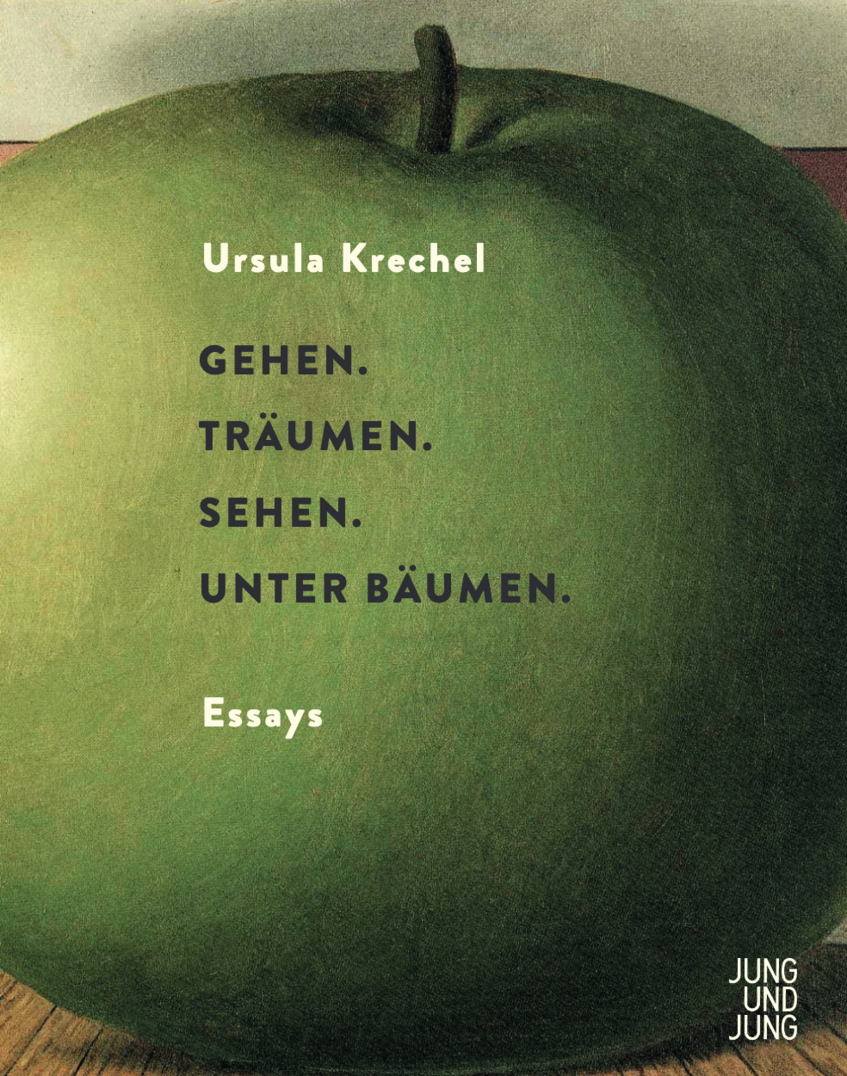Keys, Passport, Escape Boat
A Guide to the History of Migration and Remigration

Ursula Krechel 2024 (all rights reserved)
Vienna Public History Lecture III (2024)
Ursula Krechel
5 November 2024, 19h, in the Main Ceremonial Hall at Vienna University
Welcome Address: Christina Lutter (Dean)
Introduction: Marko Demantowsky
Political necessities are literally forcing one to open up new resonance spaces for dealing with migration and remigration. When the political consequences of arriving are discussed, the drama of flight, expulsion, exile and asylum recedes into the background. The boat is not “full”, as the saying goes, but the boat should be prevented from weighing anchor. It is to be detached - in a figurative sense - from its historicity, with far-reaching consequences. At the time of the great migration to America, the Statue of Liberty warned and encouraged people to become Americans. Alongside it, the immigration authorities of Ellis Island reigned in their horror-evoking ways.
Narrating history: This is a task shared by historiography and literature. The testimonies of the culture of remembrance also tell of dramatic threats and flight. Children and grandchildren of the victims research the traumatic circumstances of flight, expulsion, exile and the consequences for their families. Does this make historiography speechless? What can it do without getting lost in the microhistory of the archives? Telling the story of flight and arrival means placing oneself in a context that organizes in splinters and leaps the objectivity of collective and highly subjective experience.
Materials overlap at the interface between literature and historiography. Themes of human history are negotiated in the sharp light of the present, which can darken at any moment. Those who have set out on the imponderable path deserve the respect of the sedentary, who want to forget the price paid by a society that does not reflect on its future. Idealism, conservatism or simply homesickness: these are the motives behind a remigration worthy of the name. The lecture examines the stages, contradictions and consequences of the history of migration in the 20th and 21st centuries.
Translated from German by Sarah Ritt, MA (contact)
Further Reading
- Chartier, Roger 1994. „Zeit der Zweifel. Zum Verständnis gegenwärtiger Geschichtsschreibung“. In Geschichte schreiben in der Postmoderne: Beiträge zur aktuellen Diskussion, hg. von Christoph Conrad, 83–97. Stuttgart: Reclam.
- de Haas, Hein 2024. 22 populäre Mythen und was wirklich hinter ihnen steckt. Frankfurt am Main: S. Fischer.
- Kossert, Andreas 2020. Flucht. Eine Menschheitsgeschichte. München: Siedler.

About the speaker
Ursula Krechel writes poems, novels, essays and plays. She was a theater dramaturge and taught at the Berlin University of the Arts, Washington University in St. Louis and Ben Gurion University in Be'er Sheva. She is a member of the Akademie der Künste Berlin, the Deutsche Akademie für Sprache und Dichtung Darmstadt and the Akademie der Wissenschaften und der Literatur Mainz. Her most recent book of essays is “Gehen. Träumen. Sehen. Unter Bäumen” [Walking. Dreaming. Seeming. Under Trees] Salzburg / Vienna 2022.
Ursula Krechel's new novel will be published soon: „Sehr geehrte Frau Ministerin“ [Dear Madam Minister]. Stuttgart: Klett-Cotta (announced for January 2025).
Video
German with English subtitles
Publication
Schlüssel, Pass, Fluchtboot | Key, Passport, Escape Boat
Eine Handreichung zur Geschichte der Migration und Remigration | A Guide on the History of Migration and Remigration
Political exigencies are making it necessary to establish new forums in which to engage with the topics of migration and remigration. When the political consequences of arrival are negotiated, the drama of escape, displacement, and exile fade into the background. Ursula Krechel’s guide examines the junctions between historical study and literature, sounding out the ruptures of a collective and highly subjective experience.

